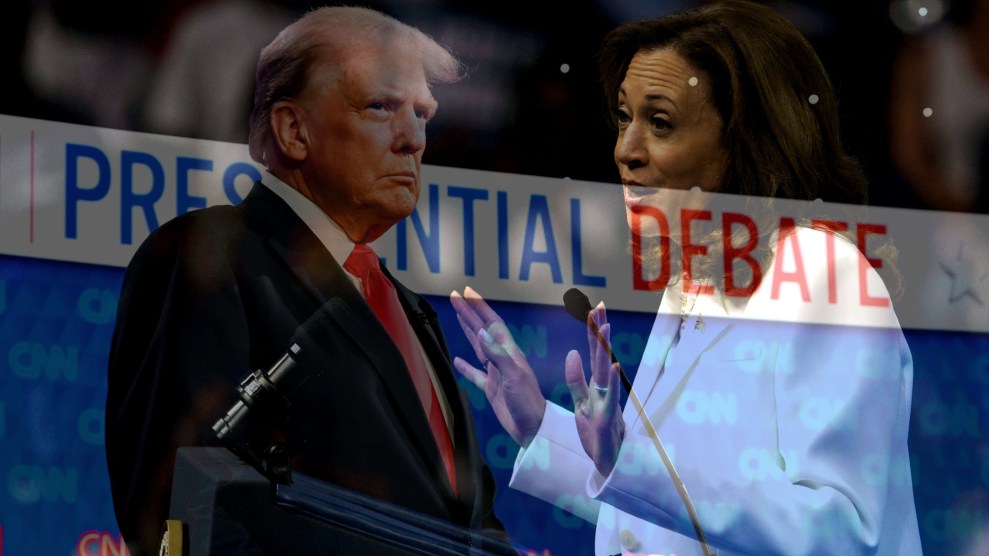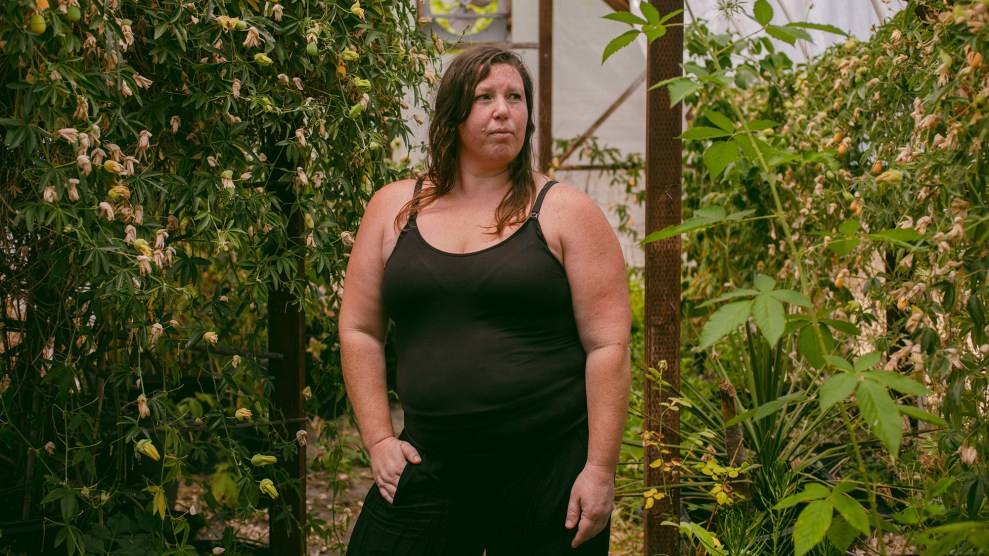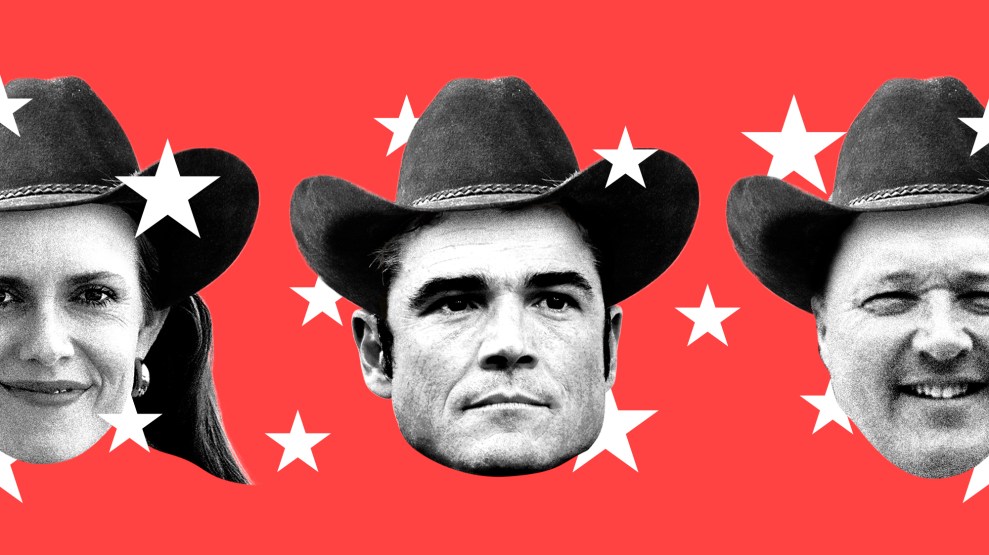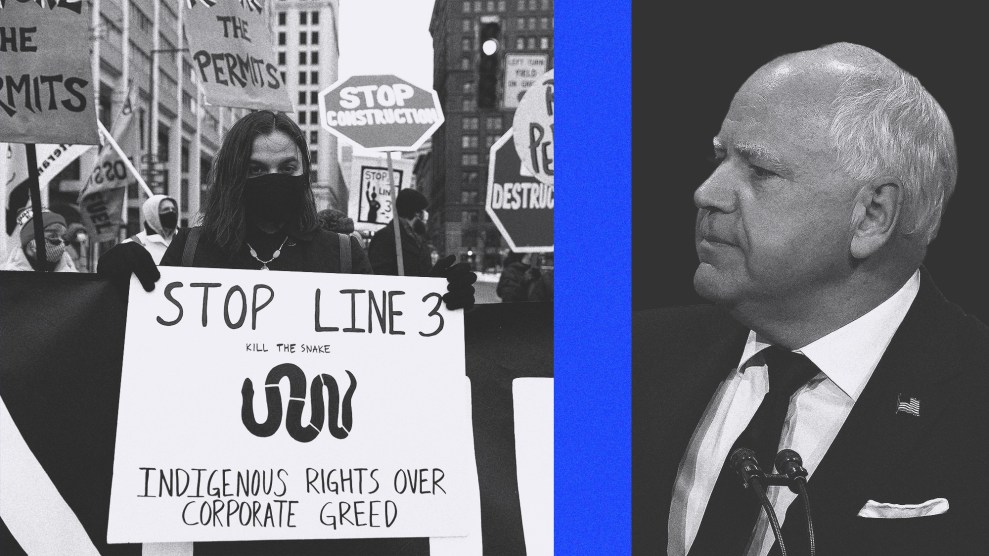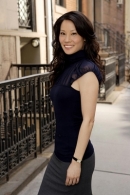 Last month ABC premiered its new Sex and the City-ish show Cashmere Mafia, starring Lucy Liu as Mia Mason, a high-powered publishing executive in New York City. Not since Margaret Cho’s All-American Girl (also ABC) has an Asian American been featured as a main character. But All-American Girl was criticized by some for exploiting stereotypes for laughs, and Cho and network executives argued over just the right formula of “Asian-ness.” After the whole debacle, Cho spiraled into various forms of self-destructiveness, and the show was canceled after one season. That was 1994.
Last month ABC premiered its new Sex and the City-ish show Cashmere Mafia, starring Lucy Liu as Mia Mason, a high-powered publishing executive in New York City. Not since Margaret Cho’s All-American Girl (also ABC) has an Asian American been featured as a main character. But All-American Girl was criticized by some for exploiting stereotypes for laughs, and Cho and network executives argued over just the right formula of “Asian-ness.” After the whole debacle, Cho spiraled into various forms of self-destructiveness, and the show was canceled after one season. That was 1994.
Over the past few decades Asian Americans have been slowly eking their way into casting rooms and onto sets in Hollywood. (Think Lost, ER, Grey’s Anatomy, Heroes, Entourage, Gilmore Girls, etc.). Exposure is a good thing, but Asian Americans for the most part are still relegated to ancillary roles.
In Cashmere Mafia, Mia isn’t immediately identifiable as the protagonist via voiceovers a la Carrie Bradshaw, but she’s clearly the leader of her pack. And Liu has first billing (plus the most star power out of the cast).
And the show doesn’t ignore Liu’s Asian-ness. In a recent episode, Mia’s mom sets her up with a charming Chinese brain surgeon, Jason (played by Jack Yang)—but the date ends with an awkward handshake. Jason later tells Mia that he doesn’t usually date Chinese women. She confesses that she doesn’t date Chinese men, either, and they both laugh. The interaction isn’t preachy, just a nod to the fact that yes, people do have biases—especially when it comes to dating.
Another noteworthy moment: In the most recent episode, Mia and the brain surgeon exchange a few words in Chinese (probably ad-libbed by the two actors). Cut to Mia’s cohort of stiletto-stalking best friends gossiping (in English) about her new man. Soon we’re forgetting about the Chinese and getting caught up in the rest of the scene.
When it comes to diversifying prime time, this half-serious, half-silly show has the right idea: We don’t need exaggerated stereotypes; we just need to see cultural differences, and then get used to them. I’m staying tuned—if not to see how this trend plays out, then merely because the show is one of my guilty pleasures.
—Joyce Tang






